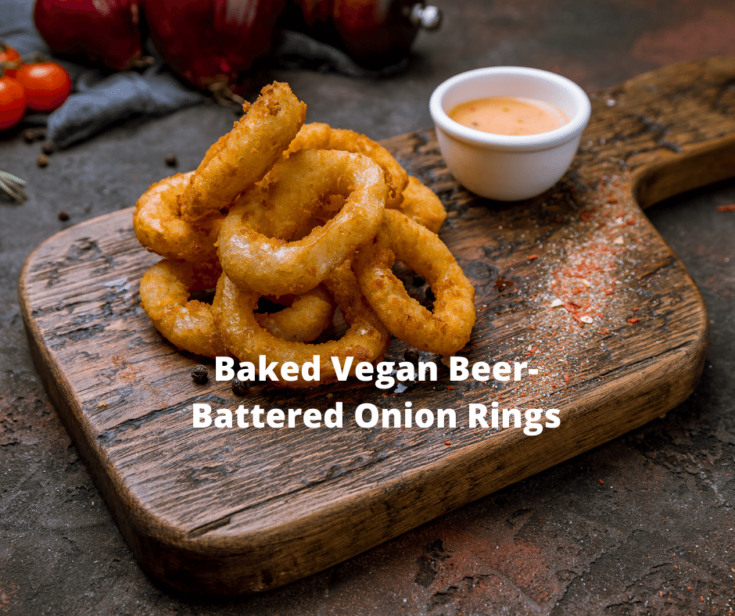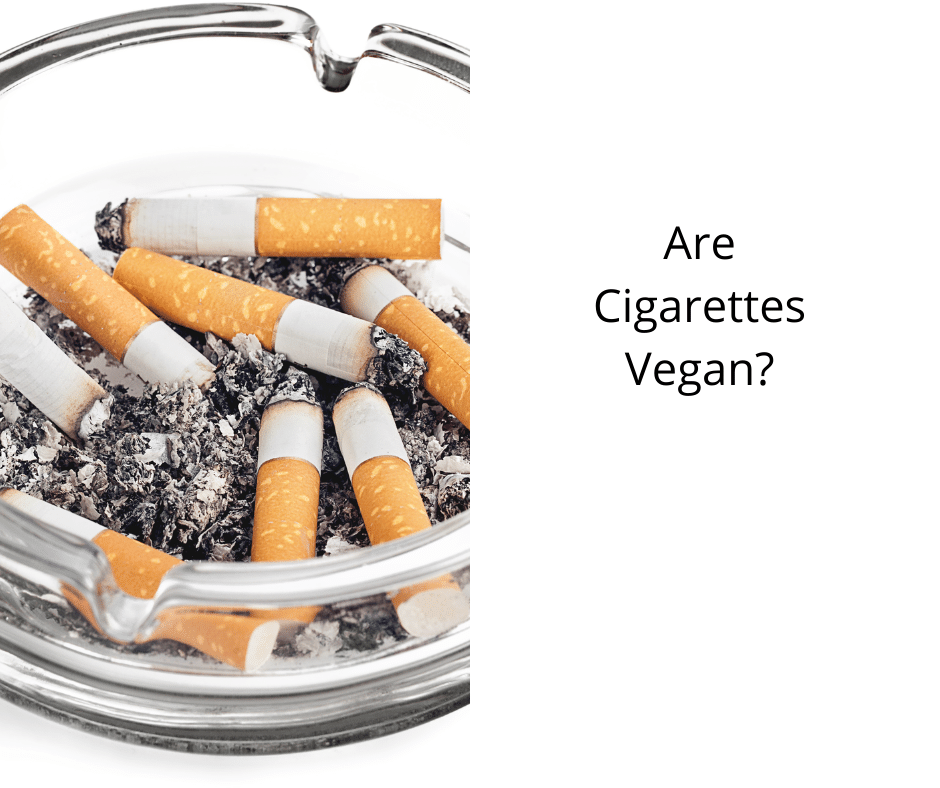If you’re thinking about transitioning to a vegan lifestyle, it’s important to remember a few key points. One recommended approach is to gradually transition by removing one non-vegan item from your diet every week. This strategy can help you smoothly adjust to veganism without putting any unnecessary stress on your body.
How to Become a Vegan
I’m passionate about many things, but I can honestly say that becoming a vegan is one of the best decisions I’ve ever made. It’s been over five years since I started my journey, and it has completely changed my life for the better. Not only am I healthier than ever before, but my relationship with food has also changed dramatically. If you’re like me and have been considering making the switch to an all-vegan diet or lifestyle, here’s what you need to know:
Avoiding Animal-Derived Products 100% of The Time
Being vegan doesn’t mean that you have to completely avoid all animal-derived products. While you should try to avoid them where possible, there are some exceptions. For instance, vaccines are not vegan, but vegans are still not obligated to stop taking them. Similarly, some people must take them when they need a certain medication.
Getting Enough Protein from Plant-Based Foods
If you’re planning to become a vegan and have decided that you’ll give up dairy products, one of the first things you need to do is increase your intake of protein. There are many great ways to get enough protein from plant-based foods. For example, you can make smoothies from high-protein ingredients like walnuts, flaxseeds, pumpkin seeds, and chia seeds. In addition, you can also add beans and nut butter to your smoothies. Because proteins are made up of amino acids, you need to get enough of them from foods.
While many plant foods are high in protein, they do not contain all of the amino acids that our bodies need. This means you have to consume various foods throughout the day to get enough protein. To get complete protein from plant-based foods, you must eat a variety of foods throughout the day. However, you do not have to combine different types of plant-based foods.
Protein-rich animal-based foods contain a greater concentration of protein than plant-based sources. While this is a major drawback, it is possible to get enough protein from plant-based sources. In fact, many vegan bodybuilders aim for a higher protein intake of 25 to 30 percent of their diets. Moreover, vegan bodybuilders also supplement their diets with vegan protein supplements.
The amount of protein you should consume depends on your personal activity level and muscle mass. Ideally, you should get between 1.5 and 3 grams of protein for every kilogram of body weight. However, if you’re concerned about the amount of protein you’re getting, you can always consult a registered dietitian for guidance.
Planning Your Meals
Meal planning as a vegan can be easy to ensure you are getting the correct amount of protein, iron, omega-3s, and other nutrients in your daily diet. Moreover, it saves you time, cuts down on aimless wandering, and reduces your grocery bill. In addition, planning your meals allows you to stick to a specific budget.
However, meal planning as a vegan can be a challenge for some. For instance, it is very difficult for vegans to share their food with their families, which may result in having to prepare two meals a day. However, if you plan ahead, you can cook enough food for everyone in your household. You can even involve your family in meal planning by getting their input on the recipe you choose.
You should plan meals for every day of the week, which includes leftovers and take-out on one or two nights. Another important part of meal planning is to include simple non-recipe meals during the week. You don’t have to plan anything special for lunch, but it’s best to include a salad or hummus.
If you’re a beginner at planning your meals as a vegan, you can download the free WFPB meal plan. The plan includes vegan recipes that you can modify to suit your tastes. Plus, the program also includes a bonus set of plant-based recipes ideal for those just starting out on a plant-based diet.
Using a meal planner is also a great way to cut costs. You can create large portions of meals in advance, which will save you money in the long run. You will also save time by cooking the same ingredient for several meals.
Avoiding Negative Comments About Veganism
While it may seem like you can’t avoid negative comments about veganism on social media, there are ways to deal with them. First, don’t let them weigh you down. Even if a commenter is passionate, chances are, there are many more people with positive views on veganism than those who don’t. If you do receive negative comments about veganism, answer them in a way that invites a conversation.
Another important thing to remember is to take a step back and consider your own position before engaging in any sort of conversation. Although engaging in discussion on social media can be a positive experience, it’s not always a good idea to engage in a heated debate. You may end up alienating a vegan by getting into a heated argument. Also, if someone makes a malicious comment, delete it from your account.
While many vegans are accused of relishing their victim status, it’s important to remember that vegans have earned their victim status. A study by Gordon Hodson and Cara C MacInnis argues that vegans are considered self-righteous and preachy. The study found that many respondents viewed vegans negatively when they claimed they were motivated by social justice.
Learn About The Vegan Lifestyle
Veganism is a lifestyle, and becoming vegan means committing to that lifestyle. That means going far beyond just cooking meatless meals. Vegans do not eat meat, fish, dairy or eggs; they do not wear leather or fur, and they do not use any products tested on animals.
So how does one become a vegan? It’s best to start by educating yourself about the reasons why someone would choose this diet in the first place—while you may be ready for such drastic change immediately after deciding to go vegan (or even before), others might need time to learn about the benefits of a plant-based diet before adopting it themselves.
For those looking for more information about what it means to be a vegan and how living this way can improve their health, as well as help protect animals from cruelty, there are many online resources available today:
Eat A Balanced Diet
Many people are surprised to learn that the vegan diet isn’t about eating processed foods. Being vegan is to minimize your consumption of processed goods and maximize your intake of whole foods. When you partake in a vegan diet, it’s important to ensure that you’re consuming various fruits and vegetables, grains, beans and legumes, nuts and seeds—and not just relying on tofu products or soy milk (though those are excellent options as well). Make sure you’re getting plenty of healthy fats like avocados, olive oil, and proteins from nuts and seeds daily!
Don’t Get Hung Up On Labels
It’s important to understand that veganism is not a diet, it is a lifestyle. You can be vegan without following any particular diet and still eat healthfully. The foods you choose will depend on your taste, budget, and nutritional needs.
Veganism is about making choices to benefit animals and the environment. It’s about compassion—not food! Vegans avoid all animal products including meat, fish, eggs and dairy but they don’t exclude other plant-based foods such as grains or legumes (beans). A vegan diet doesn’t have to be restrictive; in fact many people report having more energy than before they began eating this way because they are no longer consuming nutrient-poor animal products that lack fiber content like saturated fats found in red meats for example which may cause health problems down the road if eaten regularly over time.”
Stock Your Pantry And Fridge
As you adopt a vegan diet, it’s important to have some staple foods on hand. Start by stocking up on fruits, vegetables, nuts and seeds (ideally raw), legumes like lentils or chickpeas, tofu and tempeh for protein. You’ll also need herbs and spices (such as basil or turmeric) that pack a lot of flavor without adding animal products. If you’re worried about getting enough calcium in your diet without milk products in the long term—which can happen if you don’t consume enough leafy greens—stock your fridge with fortified non-dairy milk like almond milk or soy milk. Finally, pick up some new ingredients: nutritional yeast (a savory topping popular among vegans), blackstrap molasses (a sweetener often used in baking recipes), buttery vegan spread made from cashews instead of dairy butter (Earth Balance offers several options).
Dine Out With Ease
If you’re worried about dining out, don’t. Plenty of restaurants cater to vegans, so you can eat at places specifically designed to make your experience as easy as possible. You can also go to restaurants where that aren’t necessarily known for their vegan options; many places have vegan-friendly items on the menu, even if they’re not advertised as such. If your favorite restaurant has nothing on the menu suited for a vegan lifestyle, speak up! Tell them how many guests they’d have if they started offering some meatless options. If there’s enough interest in making a change, it could be something they’ll consider adding in the future.
Get Inspired By Our Tasty Vegan Recipes
Good news! You don’t have to be an expert cook in order to be vegan. There are plenty of delicious recipes out there that you can use as a starting point and then modify according to your own preferences.
Go online! We have hundreds of vegan recipe ideas on our website, and you can search through them by ingredient or category if you’re not sure where to begin. Try searching “vegan desserts” or “vegan breakfasts” for some good suggestions.
Check out cookbooks and magazines at the library or bookstore! If there aren’t any vegan recipe books on the shelf, ask the librarian if he or she knows where they might be hiding in another section (or if there is space for us). Chances are good that someone will know where they’re stashed — after all, we’ve got over 100 years’ worth of culinary expertise on our side! Don’t forget about social media; many people post their favorite recipes online so others can try them too!
Vegan Health Benefits
Becoming a vegan is a decision that comes with many health benefits. A vegan diet has been shown to reduce the risk of heart disease and certain cancers, type 2 diabetes, and obesity. It can also help you live longer.
In addition to these advantages for your personal health, becoming vegan also offers environmental benefits. The production of animal products requires more land than producing plant-based foods, which means it takes up more space in our environment. This can lead to deforestation (destruction of forests) and species extinction if we don’t protect them properly!
Conclusion
Becoming a vegan is a decision that comes with many health benefits. There are also many ways to make this transition easier for yourself, so don’t be afraid to ask for help when you need it. The most important thing is that you do what works best for you! You’ll be surprised at how much fun it can be once you start exploring this lifestyle and learning about all the amazing foods available on today’s market.

















